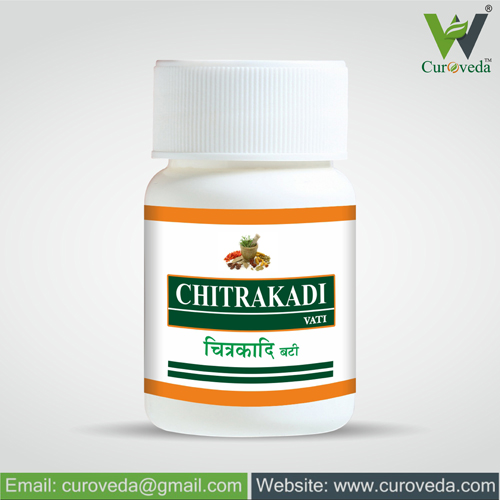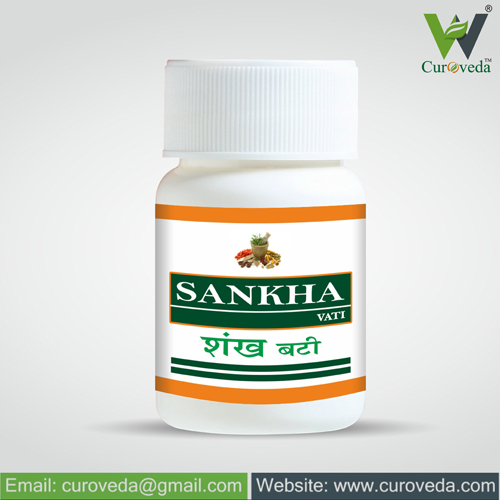Shop
- Home
- Ayurvedic Classical Medicines
- Ashwagandha Churna

Ashwagandha Churna
Ashwagandha churna, also known as Indian ginseng or Withania somnifera, is a popular herb used in traditional Ayurvedic medicine. It is known for its adaptogenic properties, which help the body cope with stress and anxiety. In recent years, Ashwagandha churna has gained popularity in the West as a natural supplement for a variety of conditions. In this article, we will discuss the uses, benefits, side effects, and precautions of Ashwagandha churna.
Ingredients
The following are typical components of ashwagandha churna:
Ashwagandha (Withania Somnifera) is a potent adaptogenic plant that is well-known for its capacity to lower stress and strengthen the immune system.
Black pepper (Piper Nigrum) is a spice that is added to ashwagandha to increase its bioavailability and boost its absorption in the body.
Ginger (Zingiber Officinale) is a warming herb that enhances the health benefits of Ashwagandha and aids in better digestion.
Long Pepper (Piper Longum): Another plant that is frequently used in Ayurveda to increase the effects of other herbs and to aid with digestion is long pepper.
Method Of Preparation
The typical preparation strategy is as follows, though:
- The Ashwagandha roots are gathered and then cleansed to get rid of any contaminants.
- The roots are then crisped up by being dried in the sun or in a well-ventilated space.
- The dried roots are then crushed with a mortar and pestle or a grinder into a fine powder.
- If other spices like ginger, long pepper, or black pepper are used, they must first be washed, dried, and pounded into a fine powder on their own.
- Then, to create a consistent blend, the powdered Ashwagandha root and any other powders are carefully combined.
- The churn is kept dry and out of the reach of moisture and sunlight in an airtight container.
Indications of Ashwagandha Churna:
Ashwagandha churna is commonly used to treat a variety of health conditions in traditional Ayurvedic medicine. It is believed to have anti-inflammatory, anti-tumor, anti-stress, and immunomodulatory properties. Some of the common uses of Ashwagandha churna include:
Anxiety and Stress: Ashwagandha churna is known for its calming effect on the mind and body. It can help reduce anxiety, stress, and depression.
Insomnia: Ashwagandha churna can help improve sleep quality and quantity. It is believed to promote relaxation and reduce insomnia.
Sexual Health: Ashwagandha churna is known to improve libido, boost fertility, and increase testosterone levels in men.
Immune System: Ashwagandha churna can help boost the immune system by stimulating the production of white blood cells.
Arthritis: Ashwagandha churna has anti-inflammatory properties and can help reduce joint pain and inflammation in people with arthritis.
Blood Sugar: Ashwagandha churna can help lower blood sugar levels and improve insulin sensitivity in people with diabetes.
Contraindications
The following are some typical side effects of Ashwagandha Churna:
Pregnancy & Breastfeeding: Due to a lack of safety information, ashwagandha is typically not advised during pregnancy and breastfeeding. It is important to speak with a doctor before using Ashwagandha Churna during these times.
Autoimmune diseases: Ashwagandha may boost the immune system, which may make symptoms worse in those with autoimmune diseases including lupus, rheumatoid arthritis, or multiple sclerosis. If you have any autoimmune disorders, it is best to speak with a healthcare provider before using Ashwagandha Churna.
Disorders of the thyroid: Ashwagandha is said to have thyroid-modulating properties. It’s crucial to speak with a healthcare provider before using Ashwagandha Churna if you have thyroid issues like hyperthyroidism or hypothyroidism.






